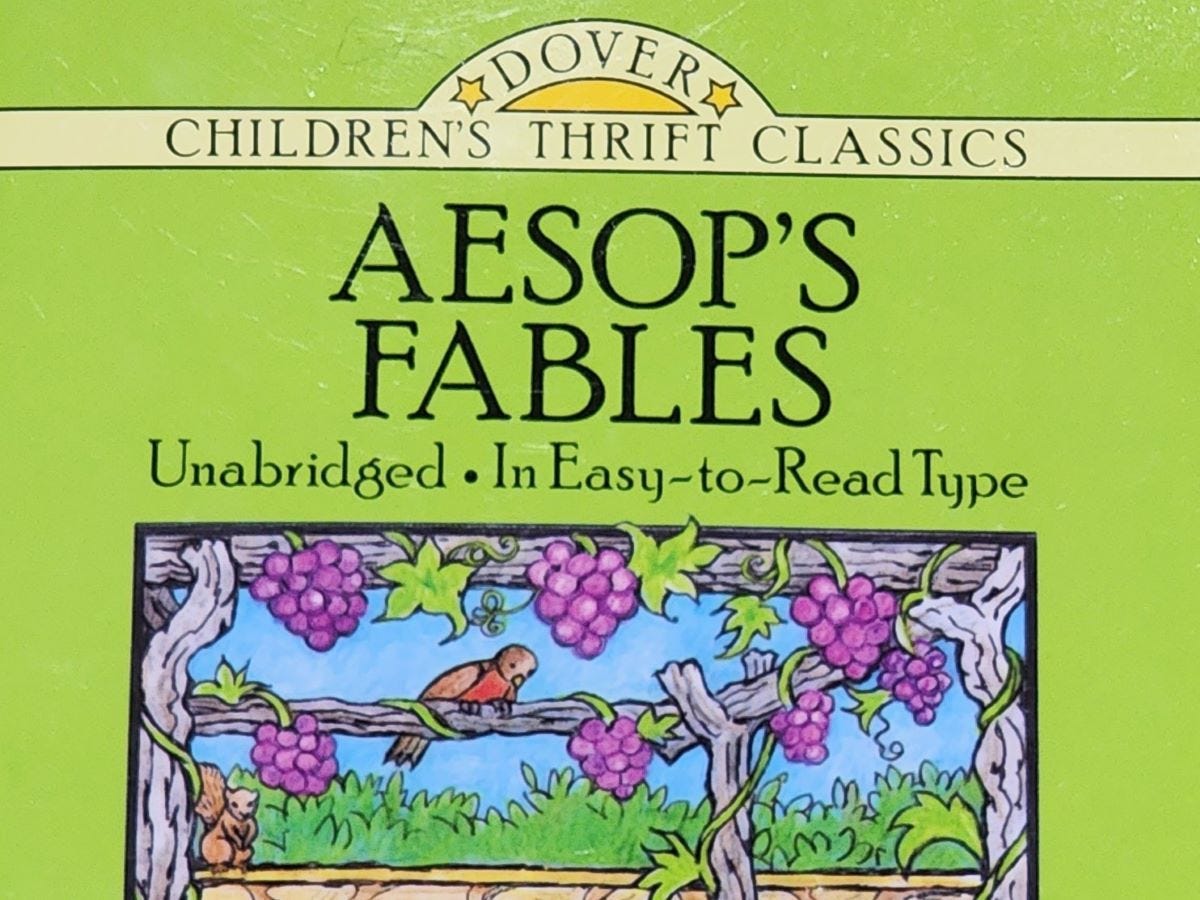Don't talk down to the kids
On Elmo, Rudyard Kipling, and the problem with children's writing that doesn't respect its audience
Within the broad category of children's and juvenile entertainment, there are countless approaches taken to the narrative voice. But it's hard not to detect in some television and film formats -- and a non-trivial number of written works, too -- a gravitation towards baby talk.
■ It's one thing to have a bridge character (like Sesame Street's Elmo) whose youthful mistakes set up a contrast with other characters in order to tell young audiences "This is meant for you, too". It's quite another when the entire cast of characters babbles amongst themselves as though they've never encountered correct grammar before.
■ There just has to be a healthy middle ground somewhere in between Rudyard Kipling and whatever motivates these screenwriters and authors. It's fine to put a gentle lilt into your voice when talking to children, but the science lines up behind using the same words and constructions that adults know to use among ourselves. Intentionally childish syntax and cutesy malapropisms really aren't helpful.
■ Which is actually more relatable to youth: Trying to fake kids' vernacular, or writing for them in plain (correct) English with an eye towards accessible vocabulary? The former seems insulting and cloying. The latter seems to respect that they're aspiring to grow. We cheat them -- and the future -- when we disregard their interest in being challenged in loving ways.
■ And what of the stories themselves? Some writing for children stands out in its respect for complexity and wholeness (three cheers for "Bluey"!). But some TV shows drag on for 30 minutes and never even attempt to make a meaningful point. Maybe it's tough to write in competition with unboxing videos on YouTube, but should that competition be won via surrender?
■ Not everything has to be an Aesop's fable, of course. But there's a whole lot of raw material there (and in the rest of the canon of children's lit) making points well-deserved to be taught today, using today's characters and special effects. Engaged parents who know better will steer their children away from the tripe, but what of the kids who don't have someone to nudge them towards something better?
■ The only way to make sure that "time-honored lessons" remain honored by time is to keep uncovering fresh and relevant ways to teach them. Smothering young minds under lazy writing and tortured mechanics isn't doing right by anyone.



